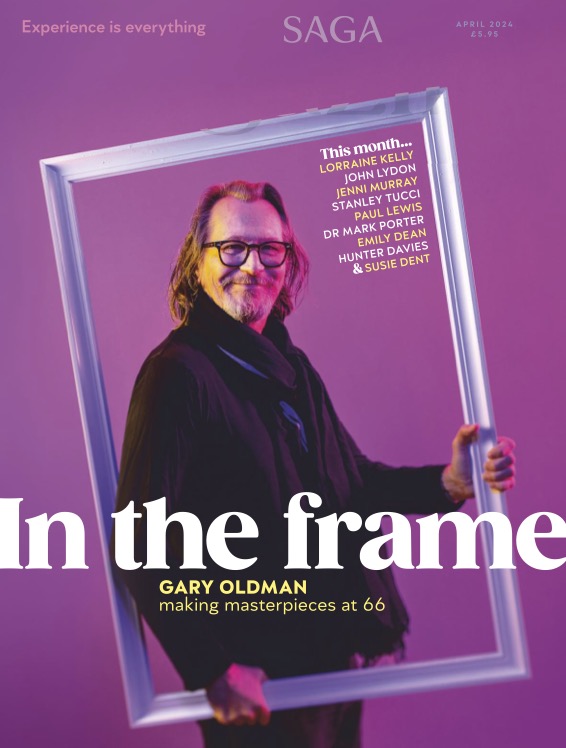
Artificial intelligence? No thanks, I’ll stick with actual intelligence
And I’ll reap the rewards
An unexpected and somewhat bizarre conversation with my husband: “While we’ve got a minute,” he said, switching on his laptop, “I must show you this brilliant AI. It could really help you with your writing.”
I knew enough to know AI meant artificial intelligence. I knew him well enough to know that any new development on the internet would be filling him with excitement.
He’s an electronic engineer. He loves his computers more than he loves me. He can make wonderful cartoons on his latest machine, but his ability with words has never matched his artistic talent. How could he have found something that would be helpful to me, the wordsmith in the family?
“This revolutionary AI chatbot website is here to change the world”
A few clicks and he had the chat.openai.com website up. He has an account on something called ChatGPT. It’s a chatbot – a computer program using AI to understand human questions and respond.
I suppose Amazon’s Alexa would be the most familiar even to a Luddite like me. The site announces, ‘This revolutionary AI chatbot website is here to change the world, and we must embrace it with all our strength and determination.’
“Now,” says my husband, “say you were going to write a column wondering which spring bulbs you should be planting. Ask the chatbot to write 1,000 words and you’ll see it all come up on the screen.”
I don’t want to be rude about his willingness to share his knowledge. After all, how would I know how to use my laptop without his assistance? But this was something different. This was about creativity, and I was definitely feeling more than a little miffed that he might think the quality of my writing could be improved with AI.
I have intelligence which is anything but artificial. I research, express my opinions and craft the words all by myself.
Shakespearean sonnets
I never did ask the bot to write about spring bulbs, but I did research what it was said to be able to do. It had, I read, been taught to write Shakespearean sonnets. Try this for size:
With joyous gambols gay and still array
No longer when he twas, while in his day.
Compared with:
Thy glass will show thee how thy beauties wear
Thy dial how thy precious minutes waste.
I doubt I need to tell you the first is by the bot and second is by Shakespeare. This AI knows how to rhyme but has no sense of the beauty and poetry of words.
It seems ironic that a sonnet about seeing one’s ageing face in the mirror should be a demo for such modern technology.
I don’t think Shakespeare’s insight into the fear of ageing chimes with us today – even if we are getting old and wrinkled, we’re surely as youthful, curious and sharp as ever we were.
Younger generations will allow their brains to atrophy as they reply on tech for so much
It’s frightening to think younger generations will allow their own brains to atrophy as they rely on tech for so much. They’ll ask the bot to write essays for school and cease bothering to read a map in favour of Google.
I’ve been worrying about the damage the use of ever more complex tech may be having on my memory, concentration and human contact; Zoom is not an adequate alternative.
Research at McMaster University in Canada found there were great benefits in, say, finding your way using a compass and a map. Full cognitive health requires different parts of the brain to keep firing up. Tapping, clicking and swiping is not enough.
We need to use our eyes, ears, hands and feet to keep our brains in good order. Let me assure you I intend to do my best for mine.
I told my husband he’s welcome to his chatbot for scripting his animated films, but I have no intention of following suit. Every word in this article was written by me.

